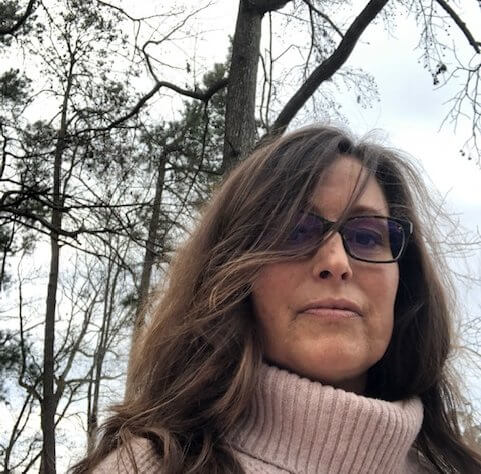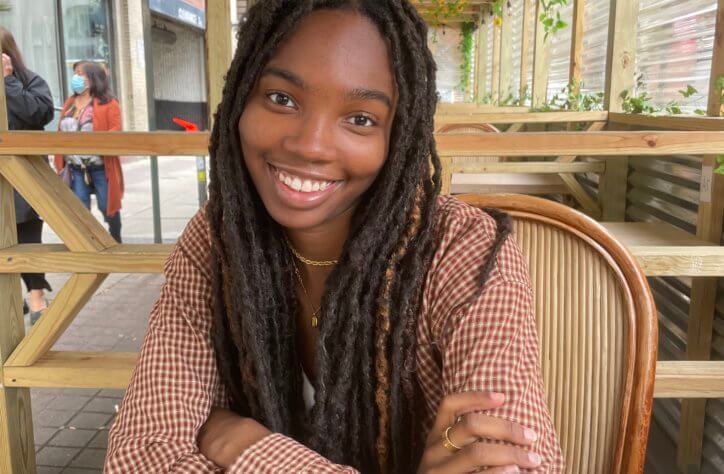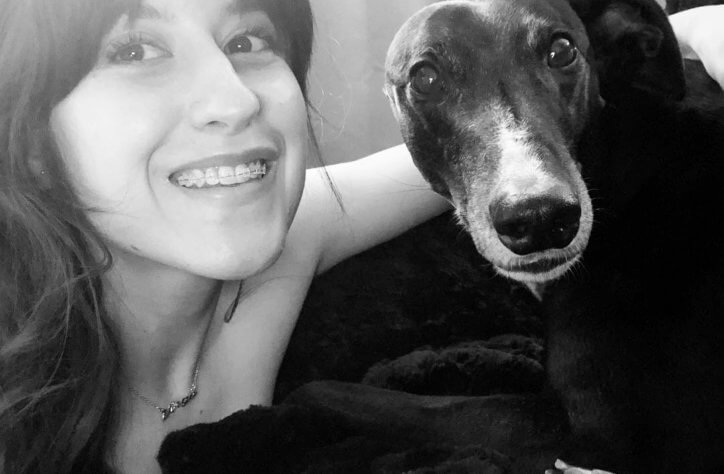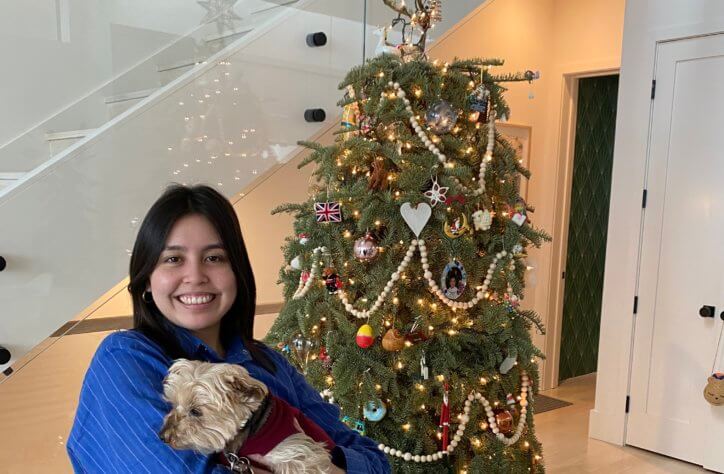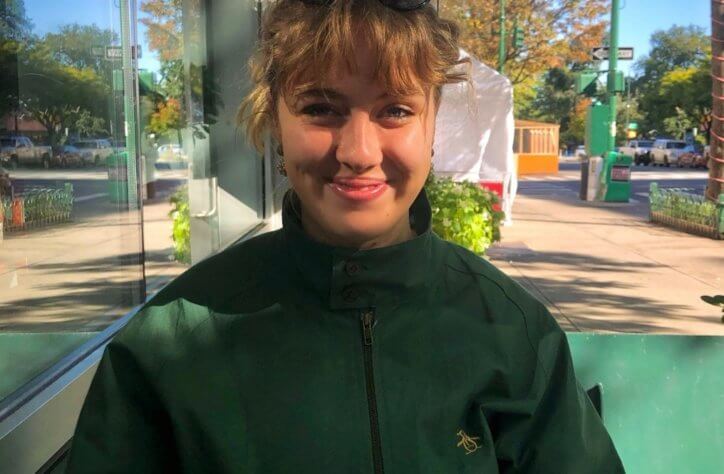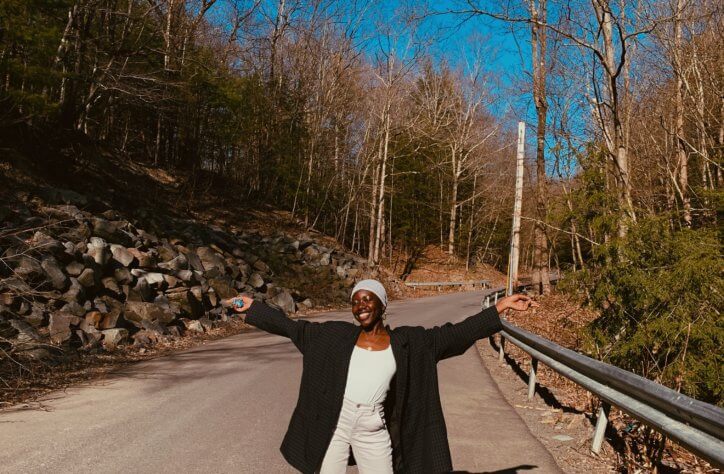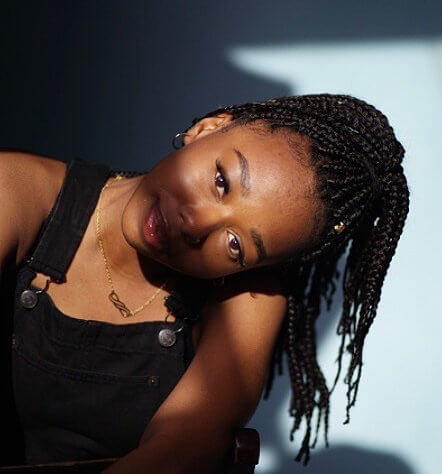Next month will mark a year since my dad died. Not only does the fact that he is dead still seem entirely impossible, but as does 2018 drawing to a close. It feels like it went by in the blink of an eye, but also like an ongoing endurance test that I’m completely and utterly exhausted by. For a man-made construct, you sure would think we’d have a better understanding of time by now.
My dad died in January, one week into the new year. He was 57 years old, with no existing health problems. He went to bed that Sunday night as usual, but never woke up again. Whilst I still don’t know exactly why my dad died, what I do know is that he had a type of cardiac arrest which falls under the umbrella term of SADS (Sudden Arrhythmic Death Syndrome). It’s a technical term for just dropping dead, which I had never heard before. Whilst my mum heroically performed CPR and got his heart pumping again, the lack of oxygen to the brain meant that there was no chance of survival. Two agonising days were spent in hospital, whilst we waited for the final confirmation that there was nothing more the doctors could do.
I remember coming back to our family home on the night we left his bedside and ordering an Indian takeaway. We also decided to open a bottle of prosecco to raise a toast in his honour, but nobody was able to drink it through their tears. Looking back on that evening it seems totally bizarre, and I think that sums up the months that were to follow. What do you do when your entire life changes overnight, and how do you act? I’m still not sure I have the answers.
One thing I will say for sure, however, is that there is no pattern to grief. Fuck any cyclical diagrams which show you seamlessly moving from one stage to another, until you reach acceptance. In my opinion, that is grossly oversimplifying one of the most complicated and traumatic mental processes I have ever (and still am) going through. I also don’t believe in acceptance. I will never accept what happened to my dad because it shouldn’t have happened. That doesn’t mean I can’t move forward and still live my life. My grief counsellor gave me a great analogy, which I constantly refer back to. She told me that you learn to live with grief like an egg being cracked into a pan. The yolk is your pain and loss, at the centre of you and who you are, and the white is how you grow and adapt around it, changing in shape and colour.
I have learnt how important it is to talk about grief and death in general. It’s an inspiring time to be a woman right now – feminism is considered cool and widely accepted. We can talk about our periods, sex lives, body hang-ups, whatever, without shame. We can go on Instagram and find people talking about all of the above topics and beyond, and that trend for transparency is only growing. However, I’ve never felt more alone and more isolated than I have done in my year of grief. Some of the most liberal and open-minded people I know have surprised me with their aversion to talking about death and the feelings which surround it. In the UK particularly, I feel the way in which we approach death is so stunted and disconnected, it’s hard to believe it’s something that will happen to every single one of us.
Death really does feel like the last taboo, and I want to do everything in my power to change that. By uttering the word, you aren’t speeding up the process, and it won’t come knocking at your door. It’s yet another topic that needs normalising. If I had a pound for every time someone told me “They just don’t know what to say!” to excuse people’s shitty and awkward behaviour, I would be a rich woman. A tip – you may not know what to say to someone who is grieving. But saying something, and acknowledging their pain, is way better than ignoring it. Start with “I’m sorry.” Ask how they’re doing. Cook them a meal, or do something helpful and practical. They may cry, and they may get upset – but that’s OKAY. It’s not you who upset them, trust me.
It’s been a year of awkward and uncomfortable firsts. First birthdays, anniversaries, celebrations and traditions without my dad there. Every supposed happy occasion which swings by serves as a cruel reminder of what I have lost. And Christmas is yet to come! At twenty-seven years old, it might seem weird to say that I have never spent a Christmas away from my family. My parents have always hosted it at their house, and we have around 16 family members piling round every year. My dad was never a fan of it – he would follow people around with a black bin bag, picking up the tossed wrapping paper, or sneak out of the room during raucous games for a moment of peace and quiet. It was all too much faff for a proud Yorkshire man like himself. However, to say it won’t be the same without him is a gross understatement. Nothing is, or will be, and that’s the hardest pill to swallow.
Death is so final. There are no negotiations, no second chances, no next time arounds (as far as I know). I catch myself on occasion making a mental note to tell my dad about something funny I saw on the tele. Or I go to email him a link to an article I think he’d like. Or maybe I want to ask him for his opinion, or for some advice. Constant little reminders that I will never be able to speak to him again. I still can’t bring myself to delete his number from my phone, just in case.
I had no idea that last Christmas would be the last Christmas I would ever get to spend with my dad. And the truth is, nobody ever really knows. You can plan your life to an absolute tee, but that doesn’t mean that life itself will stick to it. All we can do is make the most of what we have, right here and right now. Spend time with your family, tell them you love them, and don’t get so drunk on Christmas eve that you’re sick in your sister’s bed and on the driveway. I hope you’ve managed to forgive me for that one dad.
To find out more about SADS and prevention, please head to SADS UK. Beccy Hill is the founding editor of Sister magazine.
